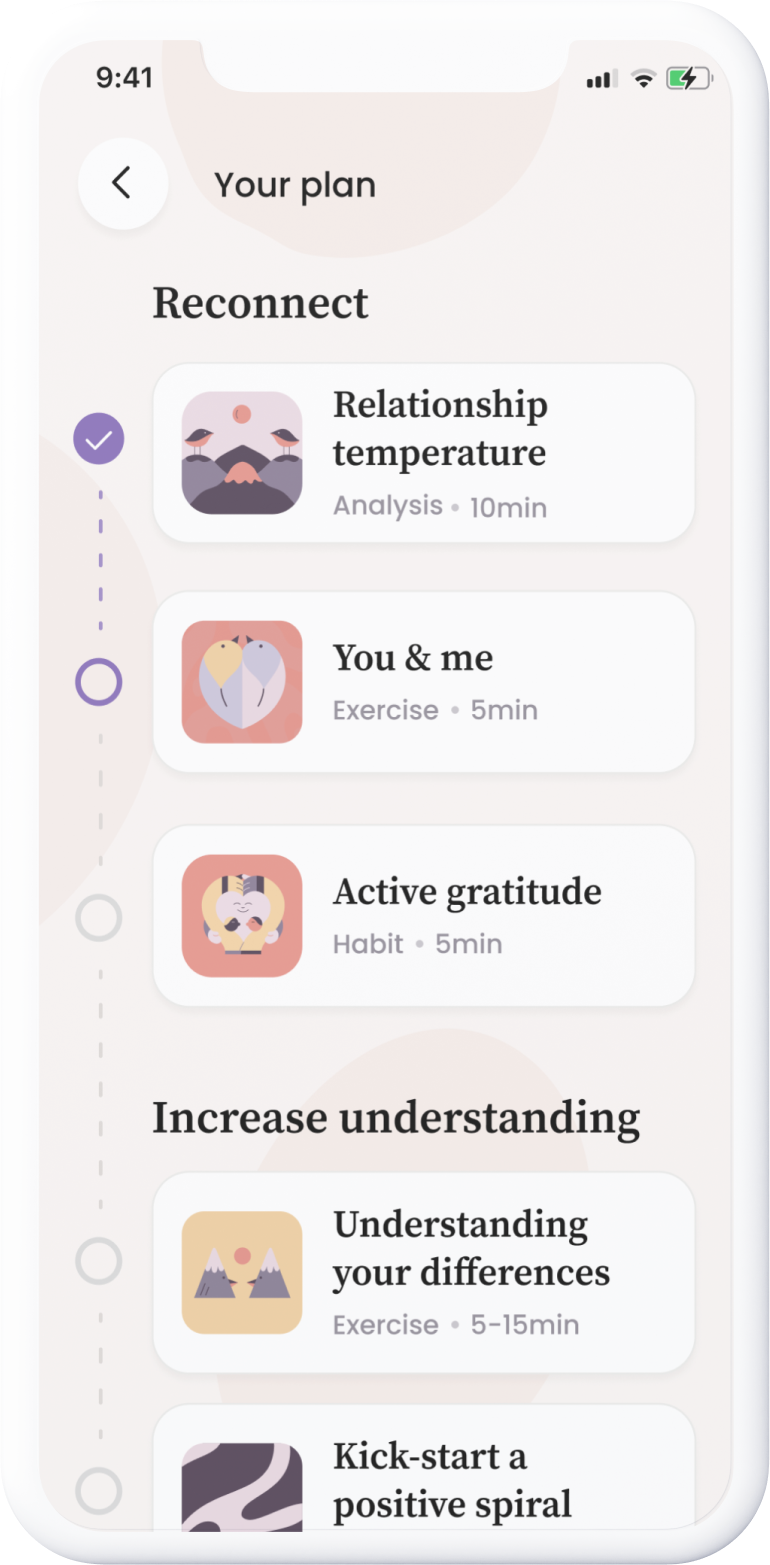Emotional Sensitivities in Relationships
Understanding, Addressing, and Overcoming Conflicts- 11 April 2024
- 7min

Emotional sensitivities in relationships that trigger conflicts
Emotional sensitivity refers to being more receptive to and affected by one's own and others' emotions. It can involve being easily moved by various situations, both positive and negative, and experiencing intense and profound emotions frequently.
In relationships, emotional sensitivities can often become a source of conflict. From an Integrative Behavioral Couple Therapy (IBCT) perspective, these sensitivities are seen as important factors to consider in addressing relationship issues. They are often referred to as "raw spots" or "emotional wounds."
These emotional sensitivities in relationships work like an allergy; it takes relatively little of something to create a very strong reaction. Everyone finds it painful to be stung by a wasp, but for a person who is allergic to wasp venom the pain will be much more intense. In the same way, no one likes to hear their partner pointing out that they could be a little more careful when doing the laundry, but not everyone would react with strong feelings of shame or anger. However, if sensitivity to criticism is a sore spot for you, you might! We’re all simply different and have strong emotional reactions to different things.
Key in understanding core challenges in a relationship
These emotional sensitivities are usually triggered by certain behaviors, words, or situations in the relationship, and they often contribute to conflicts, misunderstandings, and emotional distress. Inevitably, they make it a little harder to understand each other, as the other person’s reaction may seem unreasonable or exaggerated. No wonder it is an important part of understanding the core challenges in any relationship!
Our emotional sensitivities tell a story
Our individual emotional sensitivities weave a unique tapestry, a story that unfolds through the interplay of our biological makeup and life experiences. Even as babies, it’s possible to see traits in temperament and personality that will accompany us our entire lives. Among the myriad aspects that differentiate us as individuals, we vary in how strongly we experience emotions, how easily they are triggered, and how long it takes for them to subside. However, it is often the culmination of past experiences that molds our emotional sensitivities into what they are today.
The genesis of these sensitivities can be traced back to various chapters of our lives—some might relate to our childhood, while others are echoes of past romantic relationships. For instance, if we were raised by a parent whose love was contingent upon our behavior, criticism may ignite a firestorm within us.
Similarly, if we felt confined and restricted in a previous relationship, safeguarding our freedom and independence becomes paramount in our current life together with a partner. And if we have experienced infidelity in the past, the mere thought of our partner venturing away with friends over a weekend can stir anxiety within us, in a way that may seem incomprehensible for someone else.
Emotional sensitivities can contribute to unhelpful behaviors
When an emotional sensitivity is triggered, i.e. causing strong emotional distress, it will affect what the person says or does in the moment. Often, in hindsight, it’s possible to see that they did what they did to protect or assert themselves in some way. Some individuals may engage in protest behavior as a way to express their dissatisfaction or frustration within the relationship. This could manifest as overt complaints, criticism, or even withdrawing from interactions. The underlying motivation behind it is often the longing for more emotional support, attention, or validation from their partner.
Another common behavior is avoidance. After experiencing strong emotional reactions, individuals may attempt to distance themselves emotionally or physically from their partner. Avoidance behaviours can include silence, avoiding eye contact, or engaging in distracting activities to avoid emotional discussions. Often, a person may employ avoidance as a defense mechanism to protect themselves from further hurt or rejection.
Even if protesting behavior as well as avoidance is surely possible to understand in the light of emotional sensitivities, it is seldom helpful behaviors in a longer perspective. Chances are that they escalate conflict or create an emotional distance.
Common emotional sensitivities
Even though emotional sensitivities are unique to each individual and can vary from person to person, there are several common ones that tend to arise in relationships, and that the psychologists behind the Ally app can see an eagerness to work with among their users.
1. Criticism
Feeling overly sensitive to criticism or negative feedback, which can lead to defensiveness and conflicts.
2. Rejection or abandonment
Fear of rejection, abandonment, or being alone, which may manifest as clinginess, jealousy, or emotional withdrawal.
3. Invalidation
Feeling unheard, dismissed, or invalidated, leading to feelings of frustration, resentment, or emotional distance.
4. Betrayal
Experiencing trust issues or fear of betrayal due to past experiences or unresolved relationship conflicts.
5. Neglect or disconnection
Feeling neglected or disconnected from the partner, leading to feelings of loneliness, emotional distance, or dissatisfaction in the relationship.
6. Shame or inadequacy
Struggling with feelings of inadequacy, low self-esteem, or shame, which can impact communication, intimacy, and self-worth within the relationship.
How to overcome them
While these emotional sensitivities can be challenging to navigate, they can also provide an opportunity for growth and understanding in relationships. By addressing these sensitivity in relationships together with your partner, you can build a stronger and more fulfilling relationship. It's important to remember that addressing emotional sensitivities takes time, effort, and patience. It's also important to seek out professional help when necessary, such as counselling or therapy, to support you in your relationship journey.
"One of our core goals with the Ally app is to help couples identify and address these sensitivities through empathy, validation, and improving communication patterns to foster emotional connection and relationship satisfaction", says Helga Johnsson Wennerdal, licensed psychologist and specialised in Integrative Behavioral Couple Therapy (IBCT), co-founder of Ally.








